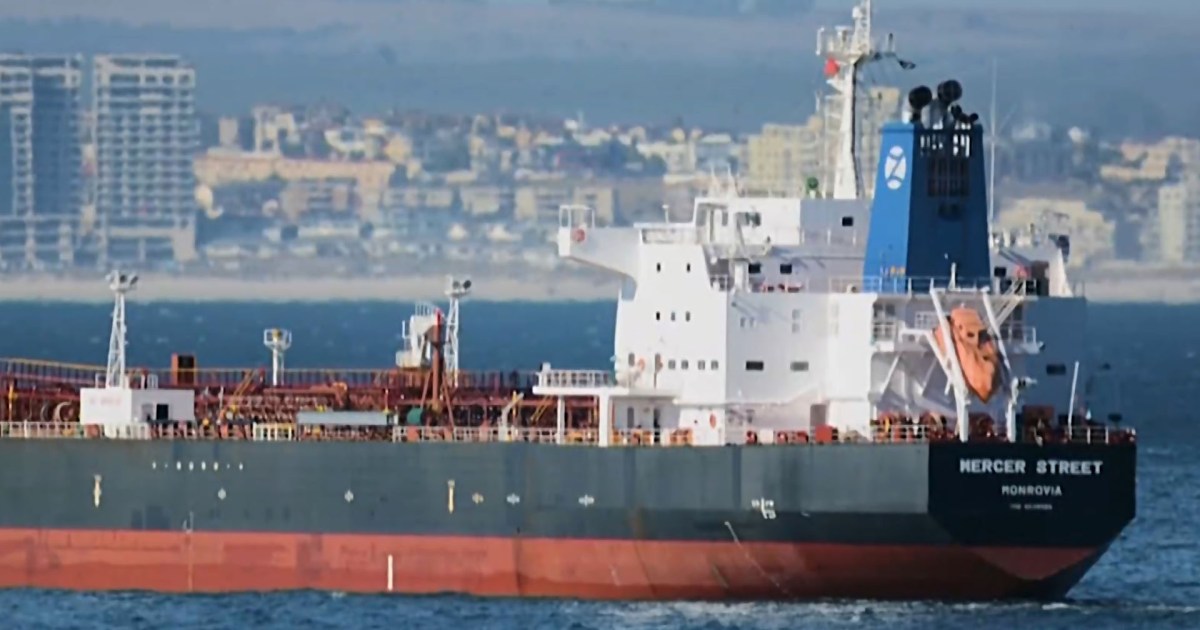The American Stratfor website said that Iran is intensifying its naval harassment to strengthen its position in the nuclear negotiations it is conducting with the West, and to show its strength at home, but this aggressive behavior threatens to turn the negotiations upside down by threatening regional security in the region.
The website - affiliated with the American Center for Strategic Forecasting for Strategic and Security Studies - indicated that the kidnappings and attacks that occurred near the strategic Strait of Hormuz in the past days;
It reflects a greater level of risk tolerance, similar to previous periods of frequent Iranian naval harassment.
The site pointed out that Iran "is showing a greater willingness to take risks at a time when a new, more hardline president takes office, and seeks to enhance respect for Tehran at home and abroad."
new policy
He said that Tehran's recent "naval provocations" coincided with the inauguration of a new, more conservative Iranian administration this week, led by Ibrahim Raisi, which may signal the beginning of a more aggressive Iranian stance in the region in general and toward other global powers.
The Stratfor analysis found that "the policy of naval provocations may also help convey a message of strength and defiance domestically, as Raisi is trying to distance himself from the policies of his predecessor, Hassan Rouhani, and focus on building Iranian sovereignty."
He said that serious maritime incidents - such as the hijacking of a ship in the Gulf waters off the coast of the UAE on August 3 - are part of broader Iranian attempts to ensure the easing of sanctions imposed on it during the next round of nuclear negotiations.
He explained that the tactics that Iran uses to negotiate with the West include some dangerous measures that seek to convey a message to the United States and its regional allies that there is a high cost of sanctions imposed on Iran.
escalation
The site listed some recent targeting and kidnapping incidents at sea, believed to be related to Iran, and referred in this context to the attack on the merchant ship Mercer Street in the Arabian Sea off the coast of the Sultanate of Oman earlier this week. Both the United States, Israel and Iran were responsible for it, while Tehran denied its involvement in the attack.
Western media also quoted security sources as saying that they believed that Iranian-backed forces had seized a ship last Tuesday in the Gulf waters off the coast of the UAE, but Iran denied any involvement in the incident.
Western reports stated that the ship "Asphalt Princess" - which flies the flag of Panama, and transports asphalt and bitumen - was kidnapped when it was sailing from Khorfakkan in the Emirates to Sohar in the Sultanate of Oman, before announcing its release later.
Tensions in the region escalated after an attack last week on a tanker operated by an Israeli company off the coast of Oman, which killed two crew members, and the United States, Israel and Britain blamed Iran, which denied responsibility.

